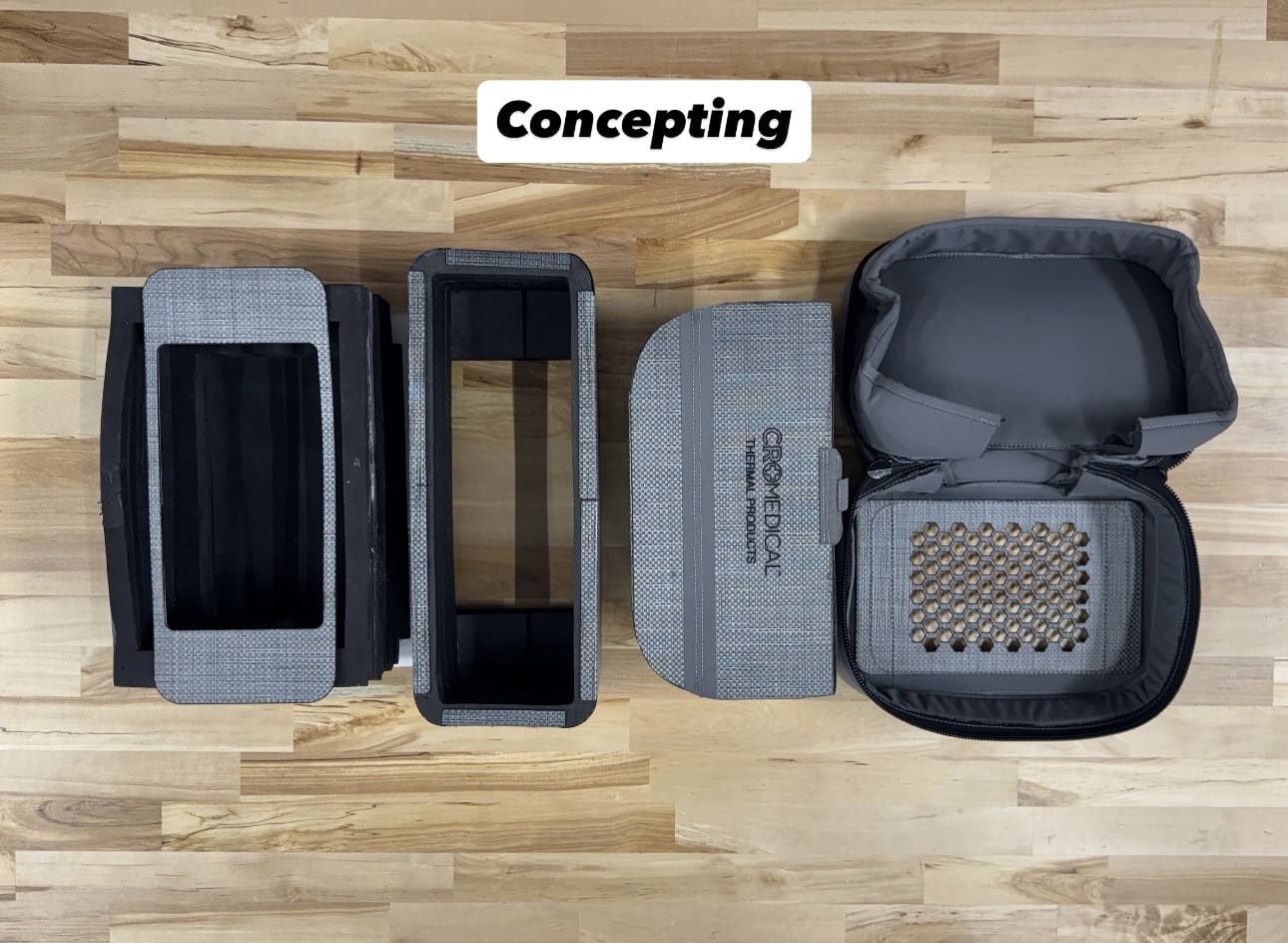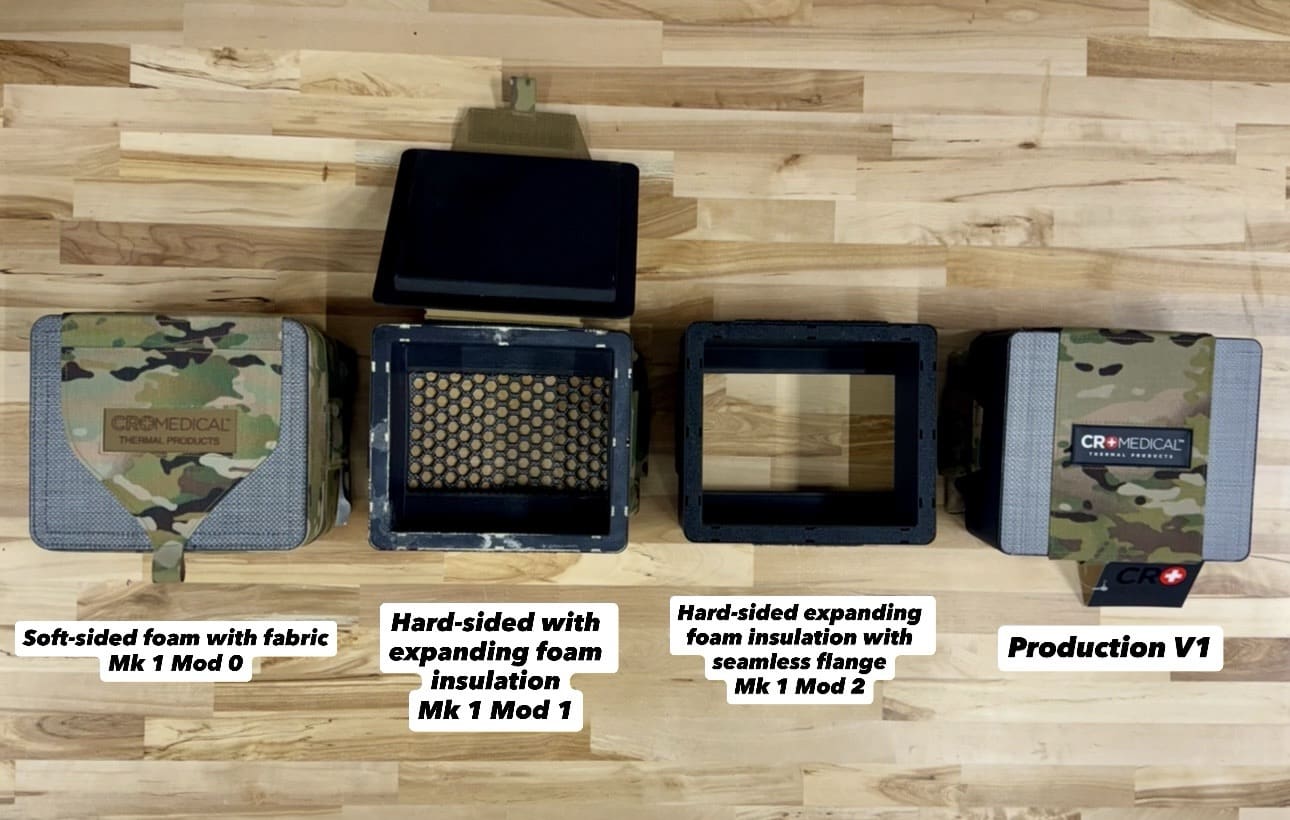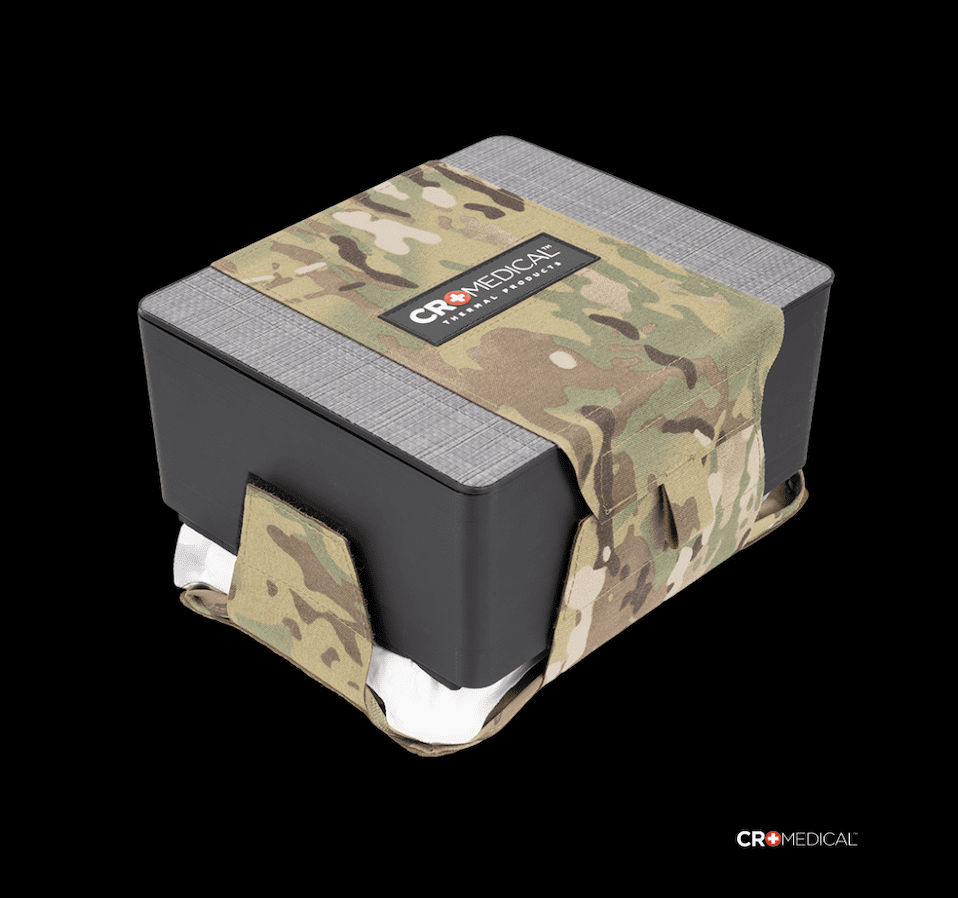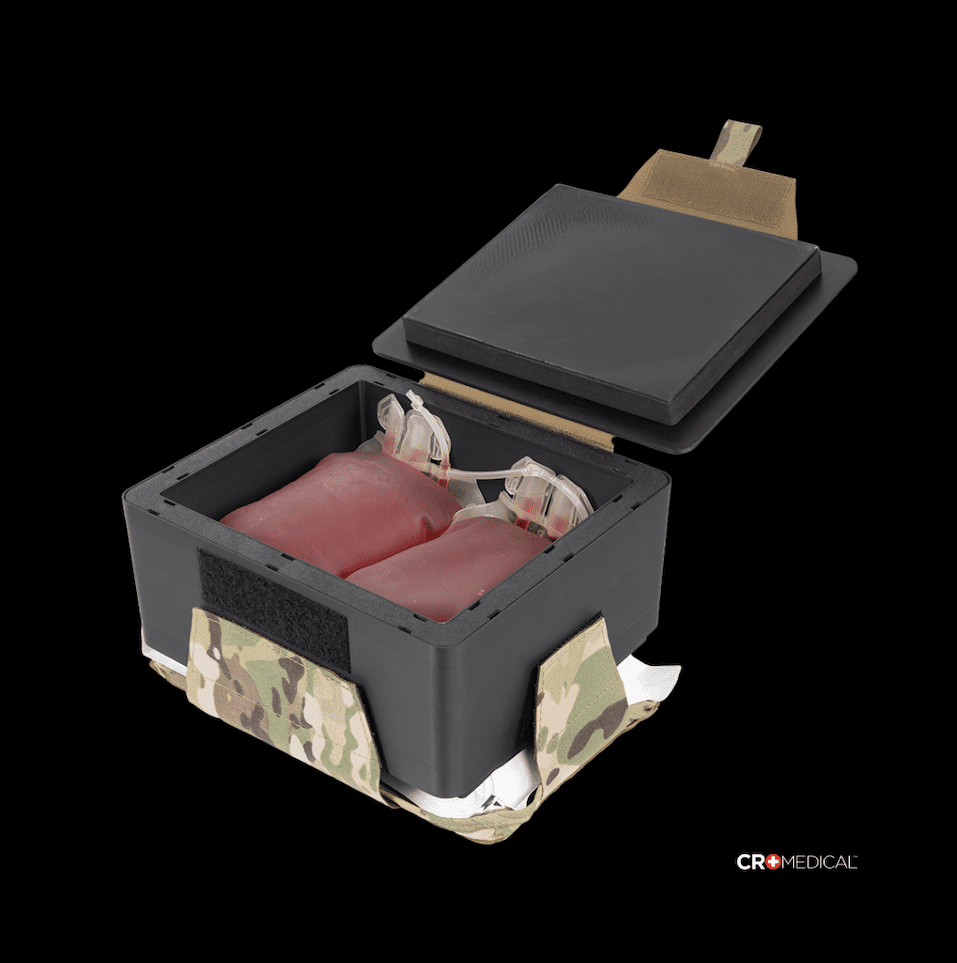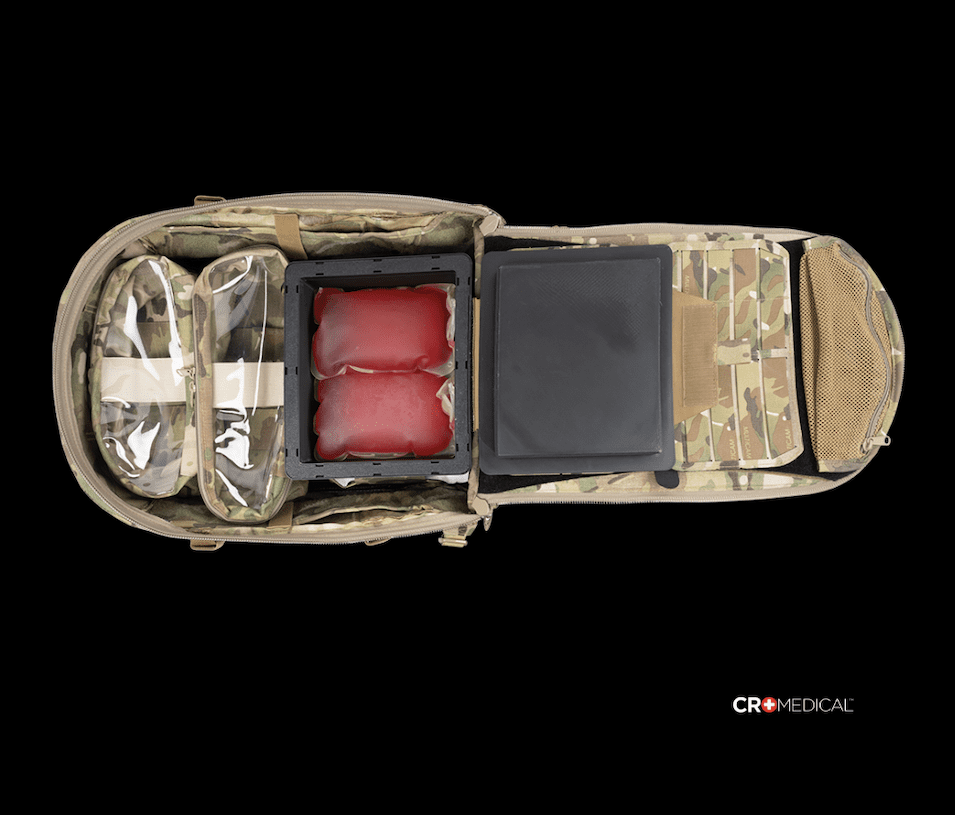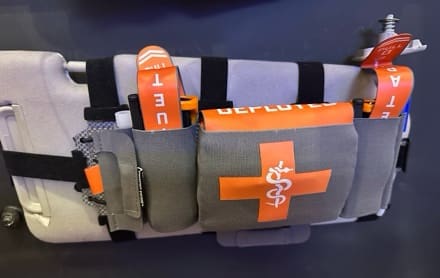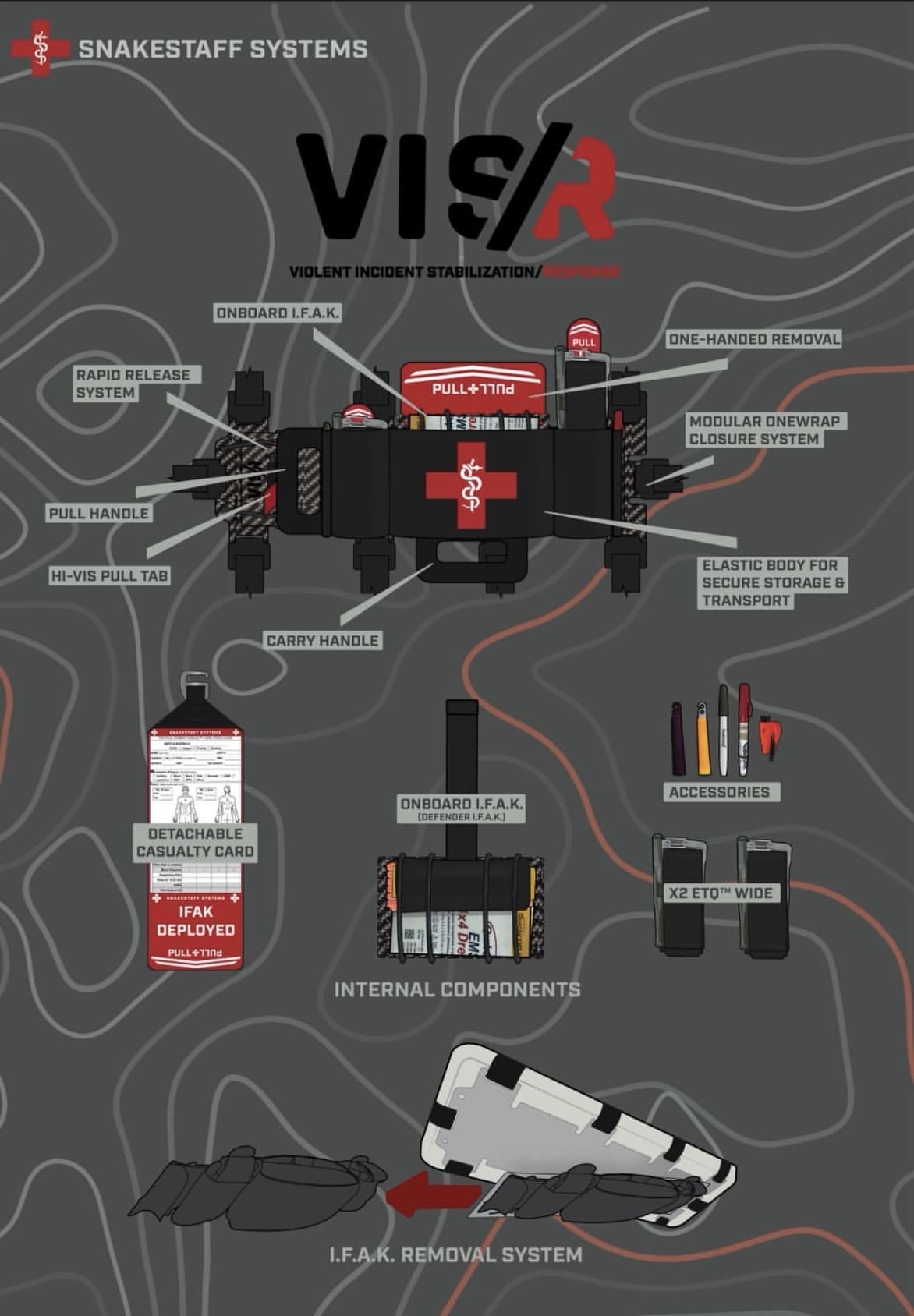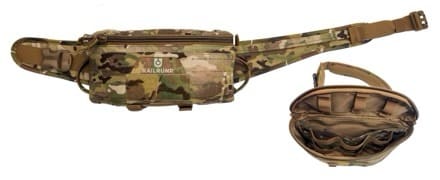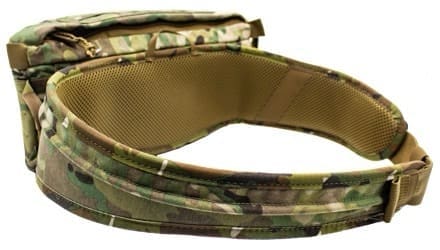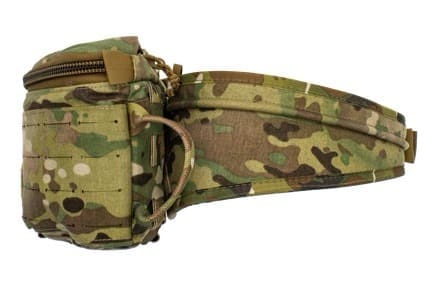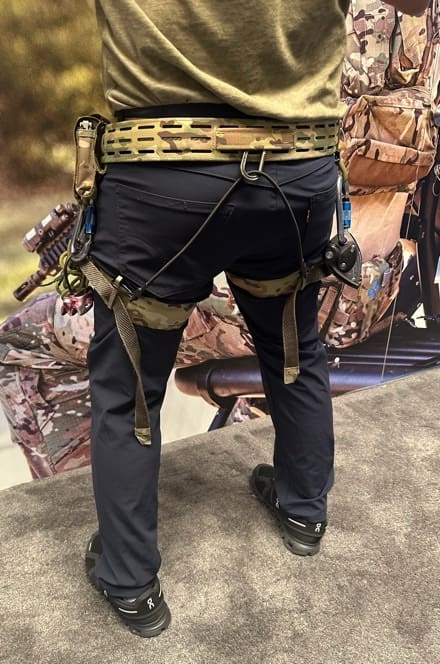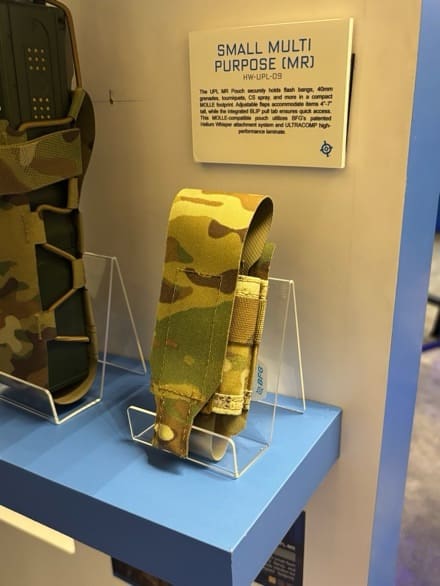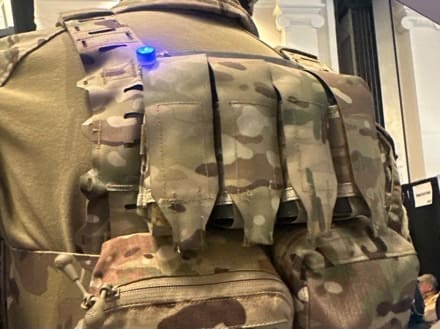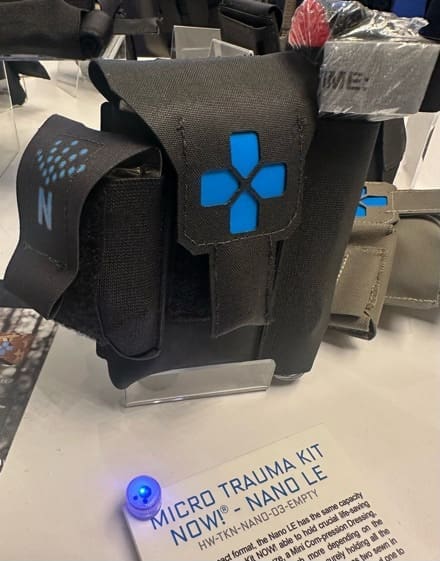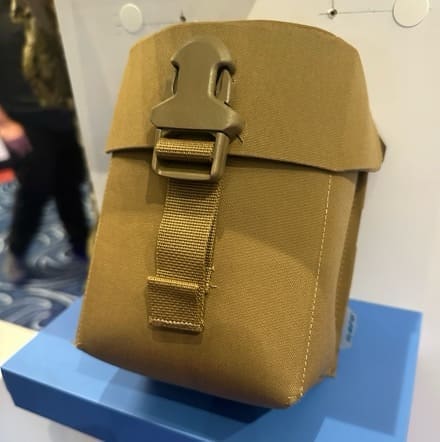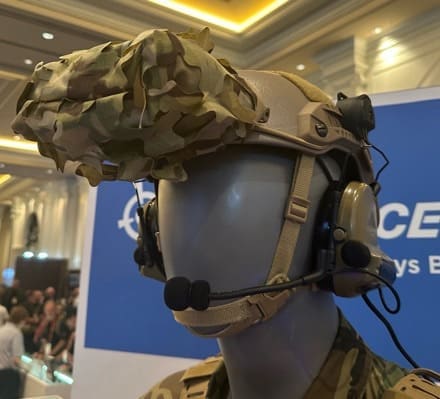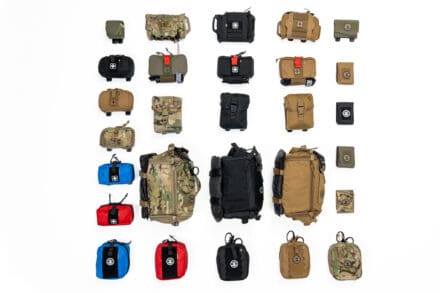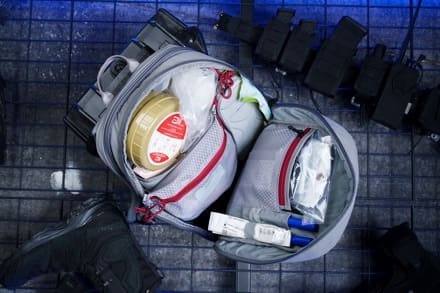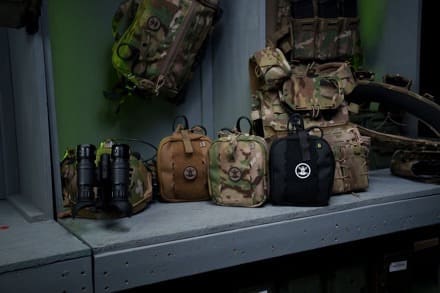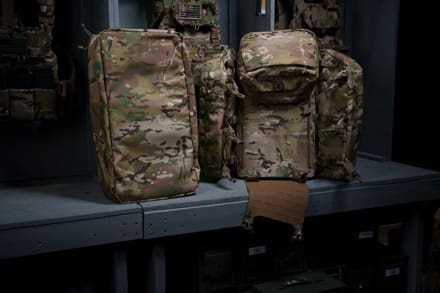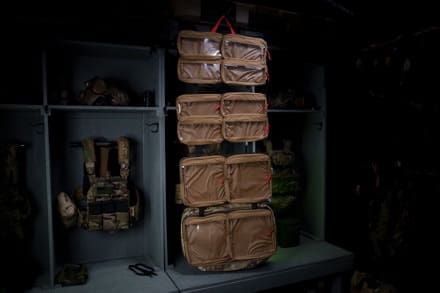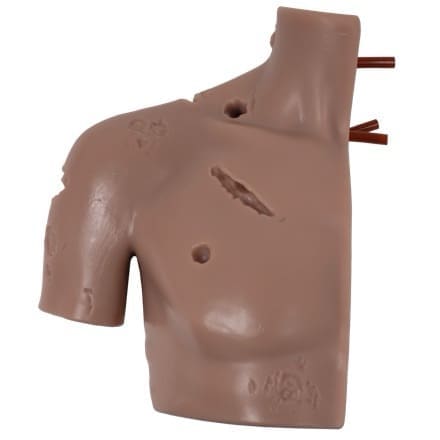Partnering with the U.S. Army to Improve Warfighter Protection

Washington, DC | February 17, 2026 — The Fiscal Year 2026 Defense Appropriations Act was signed into law on February 3, 2026, enacting a $7.5 M program increase within Army research and development for Aware Custom Biometric Wearables to advance military hearing protection, communications solutions, and biometric sensing for U.S. warfighters. Aware Defense is the program execution lead, responsible for end-to-end delivery in support of Program Executive Office (PEO) Soldier and the U.S. Army, including unit-level fielding, integration support, and performance feedback across participating training and operational units.
Aware appreciates the leadership of Senator Jon Ossoff, Senator Raphael Warnock, and the Georgia congressional delegation, whose support was instrumental in securing the program increase. The funding enables the Army’s service-level fielding of Aware’s custom in-ear solutions, utilizing its patented 3D digital scans of the deep ear canal to protect soldiers across a wide range of high-noise environments.
“This investment supports a Georgia-based small business delivering leading-edge innovation for our national defense and expanding economic opportunity for rural communities,” said Senator Jon Ossoff. “I was proud to support this funding because it advances urgently needed hearing protection and invests in biometric innovation that can improve readiness across the force, while creating high quality manufacturing and technology jobs in rural Georgia.”
Aware Defense is looking forward to working with Program Executive Office (PEO) Soldier and the U.S. Army to evaluate and accelerate unit-level deployment of a scalable capability including digital scanners, custom in-ear protection, biometric sensing, and its integration with existing communications equipment, helmets, and other over the ear devices, across multiple U.S. Army training and operational units.
“We are proud to see this initiative signed into law and grateful to the leaders who recognized the urgency of preventing hearing loss and the necessity of advancing biometric capabilities for the force,” said Sam Kellett, Jr., Chief Executive Officer of Aware.
“This program increase accelerates the Army’s ability to deploy custom-fit hearing protection built from each soldier’s unique ear anatomy using Aware’s patented 3D ear scanning technology, delivering superior protection and exceptional comfort at scale. We are transforming the human ear into a platform for health and human performance through our hearable,enabling continuous monitoring of brain and physiological signals vital to advancing readiness.”
The modern battlefield bombards soldiers with explosions, gunfire, vehicle, and aircraft noise — all at volumes and frequencies that damage hearing. According to the U.S. Department of Veterans Affairs, “hearing problems are by far the most prevalent service-connected disability among Veterans,” with an estimated annual cost of more than $4 billion. This dual-use technology will deliver tens of thousands ofcustom-fit hearing protection sets to U.S. warfighters while also addressing the same issues faced by civilian workers in high-noise industries — achieving both military and economic benefits.
“Aware Defense is ready to execute,” said Stu Booker, Chief Operating Officer of Aware Defense. “Working side-by-side with the U.S. Army, we will accelerate fielding of our precision-fit hearing protection at scale by running seamless 3D ear scanning operations, which are instrumental in advancing biometric capabilities by serving as the nexus between operational user requirements and research priorities, accelerating iteration and transition to field ready solutions.”
“This initiative reflects the strong support of our federal, state, and local partners aligning around a mission that is simple and urgent: protect the warfighter,” said Bert Steele, Lt Col, USMCR (Ret.), Chief Strategy Officer of Aware.
“Aware is committed to investing in rural economic development and this funding supports high-value technical jobs, workforce training, and long-term growth aligned with Georgia’s rural economic development priorities, while expanding future biometric capabilities that will provide an operational advantage for our military.”
Aware Defense has Department of War ground and aviation unit-level customers — Army, Navy, Air Force, Marine Corps, and Special Operations Command — using Aware’s products in training and real-world operations. Aware’s products have been formally evaluated by the Office of Naval Research, supported through DoD Small Business Innovation Research funding, and recognized with multiple innovation awards, including the CES Innovation Award in 2016, Top Twelve Health Techpreneurs in the Healthcare Innovation World Cup in Germany in 2024, and Top Eight Wearable Technologies Startups in the U.S. for 2025.
Aware is headquartered in Atlanta, with a Hearable Lab in San Diego, CA, and additional facilities in Quitman, GA, and Madison, FL, employing personnel in high-paying advanced manufacturing and technical roles. This funding will create quality jobs aligned with Georgia’s workforce goals while supporting new facilities and economic growth in Brooks County. Plans are underway to build a manufacturing facility in a Tier 1 Rural County for economic development — that will deliver more high-paying jobs, workforce training, and high-tech innovation, positioning South Georgia as a leader in advanced manufacturing and technology.
These funds build on prior investments from the Department of Defense and the hearing industry that enabled Aware to develop real-world solutions, which it is now delivering to protect warfighters and prevent hearing loss.
Aware Custom Biometric Wearables is the parent company of Aware Defense and a leader in custom in-ear devices for hearing protection, communications, and biometric monitoring, all powered by patented 3D ear scanning technology. Aware Defense is led by retired DoD military personnel with deep operational experience, keeping development and fielding anchored to end user requirements. Proudly made in America.


